Unveiling The Value Of Your Treasures: A Guide To Jewellery Valuation
Unveiling the Value of Your Treasures: A Guide to Jewellery Valuation
Related Articles: Unveiling the Value of Your Treasures: A Guide to Jewellery Valuation
Introduction
With great pleasure, we will explore the intriguing topic related to Unveiling the Value of Your Treasures: A Guide to Jewellery Valuation. Let’s weave interesting information and offer fresh perspectives to the readers.
Table of Content
Unveiling the Value of Your Treasures: A Guide to Jewellery Valuation
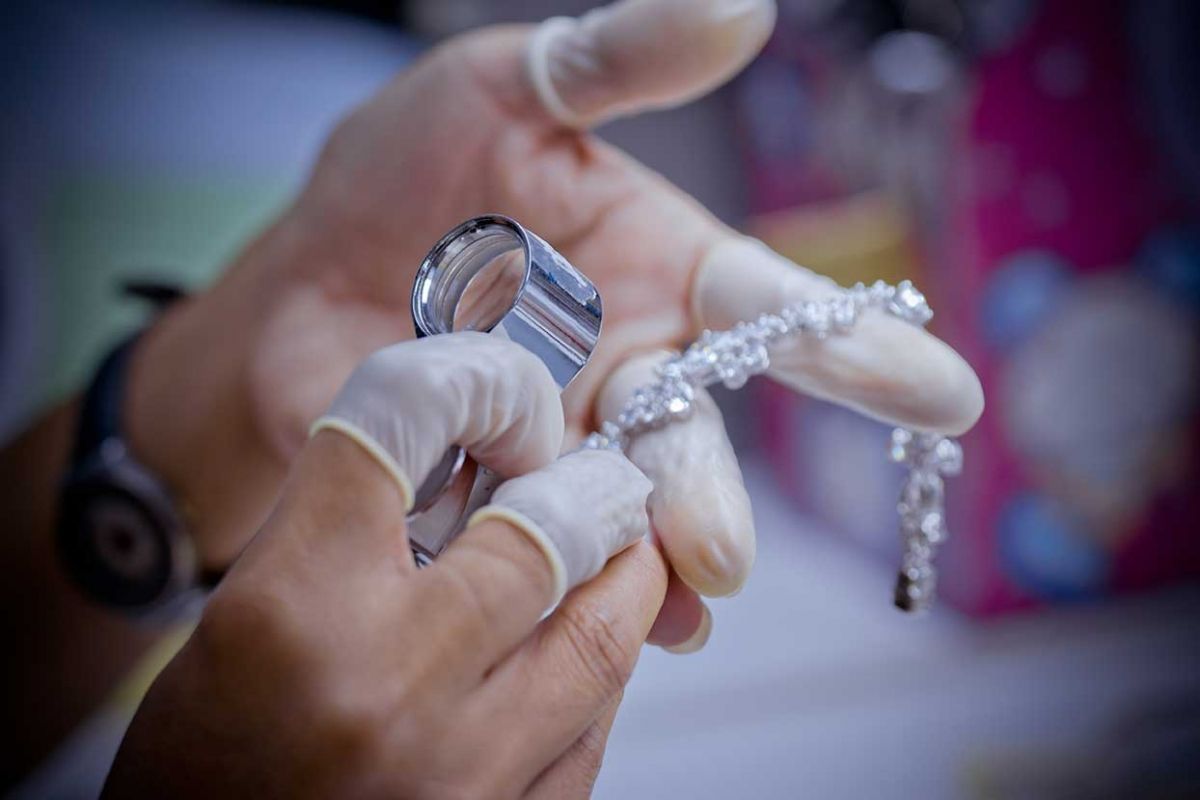
Jewellery, with its intricate designs and precious materials, holds a unique place in our lives. It can be a cherished heirloom passed down through generations, a symbol of love and commitment, or simply a piece that brings joy and elegance. Regardless of its origin, understanding the true value of your jewellery is essential for various reasons, from insurance purposes to potential sale or inheritance planning.
This guide will delve into the diverse avenues available for obtaining a professional jewellery valuation, providing a comprehensive overview of the process and the factors that influence the appraisal.
Understanding the Importance of Jewellery Valuation
Jewellery valuation serves multiple purposes, each with its own significance:
- Insurance: In the unfortunate event of loss or damage, a professional appraisal provides accurate documentation of the value of your jewellery, enabling you to file a claim with your insurance provider and receive appropriate compensation.
- Inheritance: When planning an estate, a jewellery appraisal helps determine the fair market value of pieces, ensuring equitable distribution among beneficiaries.
- Sale: If you’re considering selling your jewellery, a valuation provides a realistic estimate of its worth, allowing you to negotiate a fair price with potential buyers.
- Investment: For those who view jewellery as an investment, an appraisal helps track its value over time, providing insight into market trends and potential returns.
- Tax Purposes: Depending on your jurisdiction, jewellery valuations may be required for tax reporting, particularly for inherited items or significant purchases.
Navigating the Valuation Process: A Step-by-Step Guide
The process of obtaining a jewellery valuation typically involves the following steps:
-
Identifying the Right Appraiser: The first step is to choose a qualified and reputable appraiser. Look for professionals with certifications from recognized organizations such as the Gemological Institute of America (GIA), the American Society of Appraisers (ASA), or the National Association of Jewelry Appraisers (NAJA).
-
Preparing Your Jewellery: Before your appointment, gather all the relevant information about your jewellery, including:
- Purchase details: Original receipts, invoices, or any documentation related to the purchase.
- Origin: Information about the piece’s provenance, such as its maker, designer, or historical significance.
- Condition: Any repairs, alterations, or damage to the jewellery.
- Any unique features: Unusual gemstones, hallmarks, or inscriptions.
-
The Appraisal Appointment: During the appointment, the appraiser will examine your jewellery meticulously, assessing its:
- Materials: The type of metal, gemstones, and other materials used.
- Design: The style, craftsmanship, and any unique features.
- Condition: The overall condition, including any signs of wear, damage, or repairs.
- Market Value: The current market value based on comparable pieces and recent sales.
-
Receiving the Appraisal Report: The appraiser will provide you with a written report outlining the details of the appraisal, including:
- Description of the jewellery: A detailed description of the piece, including its materials, design, and condition.
- Valuation: The estimated market value of the jewellery, typically stated as a range.
- Appraiser’s qualifications: The appraiser’s credentials and experience.
- Date of the appraisal: The date the appraisal was conducted.
- Disclaimer: A statement indicating that the appraisal is an opinion of value and not a guarantee of future market value.
Choosing the Right Valuation Method
The method used for valuing your jewellery depends on the purpose of the appraisal and the type of piece. Common valuation methods include:
- Retail Replacement Value: This method estimates the cost of replacing the jewellery with a similar piece in the current market.
- Fair Market Value: This method assesses the price a willing buyer would pay for the jewellery in an open market.
- Liquidation Value: This method determines the price the jewellery would fetch in a quick sale, typically at a discounted rate.
- Insurance Value: This method focuses on the cost of replacing the jewellery with a similar piece, considering the insurance policy’s specific requirements.
Where to Get Your Jewellery Valued: Exploring Your Options
Finding a reputable jewellery appraiser can be done through various avenues:
- Independent Appraisers: Independent appraisers are professionals who specialize in jewellery valuation. They often have specific expertise in particular types of jewellery, such as antique pieces or high-end diamonds.
- Jewellers: Many jewellers offer appraisal services as part of their business. While this can be convenient, it’s essential to ensure the jeweller has the necessary credentials and experience in jewellery valuation.
- Auction Houses: Auction houses often provide appraisal services for items they are considering for sale. This can be a good option for valuable or unique pieces.
- Insurance Companies: Some insurance companies offer appraisal services as part of their insurance packages. However, their valuations may not be as comprehensive as those provided by independent appraisers.
- Online Appraisers: Several online platforms allow you to submit photos and information about your jewellery for an appraisal. While this can be a convenient option, it’s important to choose a reputable platform with experienced appraisers.
Tips for Choosing the Right Appraiser
- Credentials: Look for appraisers with certifications from recognized organizations such as the GIA, ASA, or NAJA.
- Experience: Choose an appraiser with extensive experience in jewellery valuation, particularly for the type of jewellery you need appraised.
- Reputation: Check the appraiser’s reputation by seeking recommendations from trusted sources or reading online reviews.
- Fees: Inquire about the appraiser’s fees upfront, as they can vary depending on the complexity of the appraisal and the value of the jewellery.
- Transparency: Ensure the appraiser provides a clear and detailed appraisal report that outlines the valuation process and the factors considered.
Frequently Asked Questions About Jewellery Valuation
Q: How often should I have my jewellery appraised?
A: It’s recommended to have your jewellery appraised every 3-5 years, especially for valuable pieces. This ensures the valuation reflects current market trends and any changes in the condition of the jewellery.
Q: What information should I provide to the appraiser?
A: Provide all relevant information, including purchase details, origin, condition, and any unique features. The more information you provide, the more accurate the appraisal will be.
Q: Can I get an online appraisal?
A: Online appraisals can be convenient, but they may not be as accurate as in-person appraisals. Choose a reputable platform with experienced appraisers and be aware that online valuations may be based on limited information.
Q: How much does a jewellery appraisal cost?
A: Appraisal fees vary depending on the appraiser’s experience, the complexity of the appraisal, and the value of the jewellery. It’s best to inquire about fees upfront.
Q: What is the difference between an appraisal and an evaluation?
A: An appraisal is a formal assessment of the value of jewellery, typically conducted by a qualified appraiser. An evaluation is a less formal assessment, often conducted by a jeweller or a pawnbroker.
Q: Can I use a jewellery appraisal for insurance purposes?
A: Yes, a jewellery appraisal can be used for insurance purposes, but it’s essential to ensure the appraisal meets your insurance company’s requirements.
Conclusion: Preserving the Value of Your Treasures
Obtaining a professional jewellery valuation is an important step in safeguarding your precious possessions. Whether for insurance, inheritance, sale, or investment purposes, a comprehensive appraisal provides a clear understanding of your jewellery’s true value. By choosing a reputable appraiser and following the tips outlined above, you can ensure your jewellery is valued accurately and fairly, preserving its worth for generations to come.
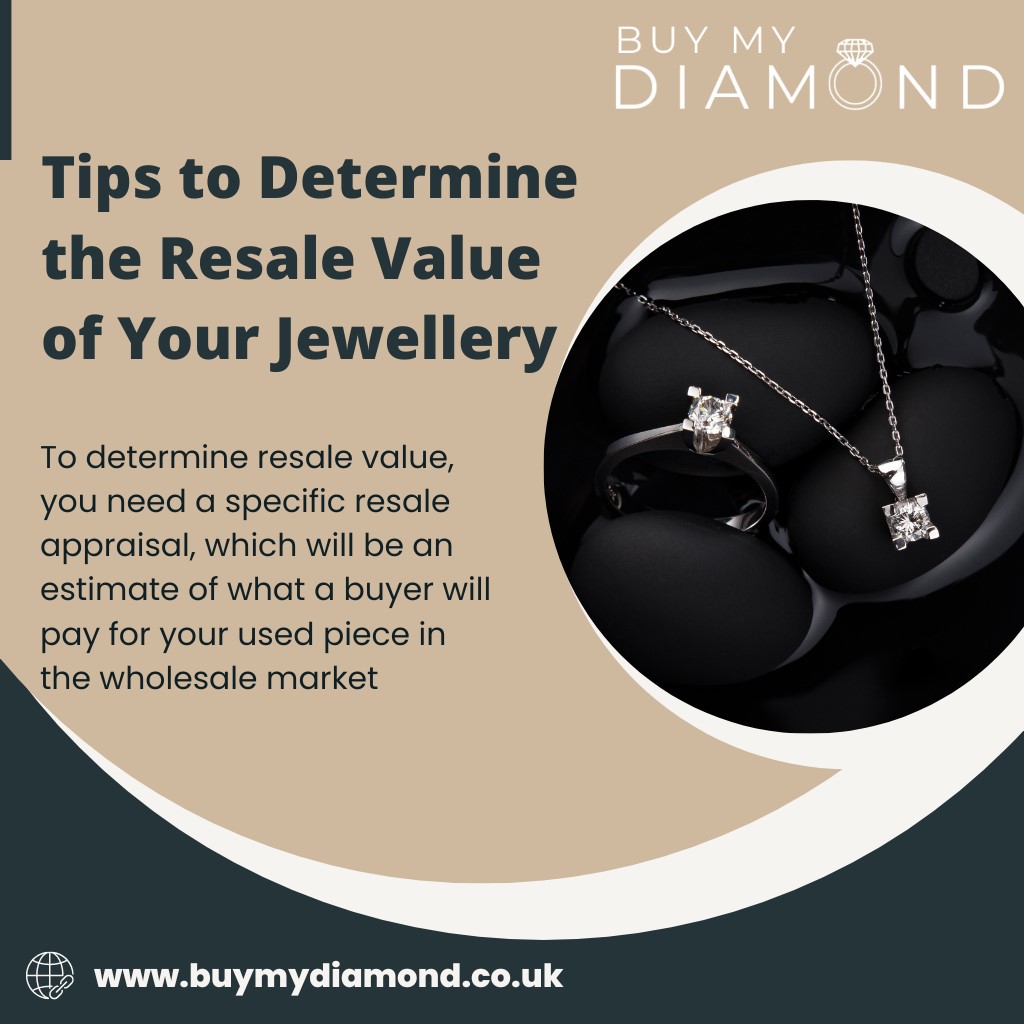
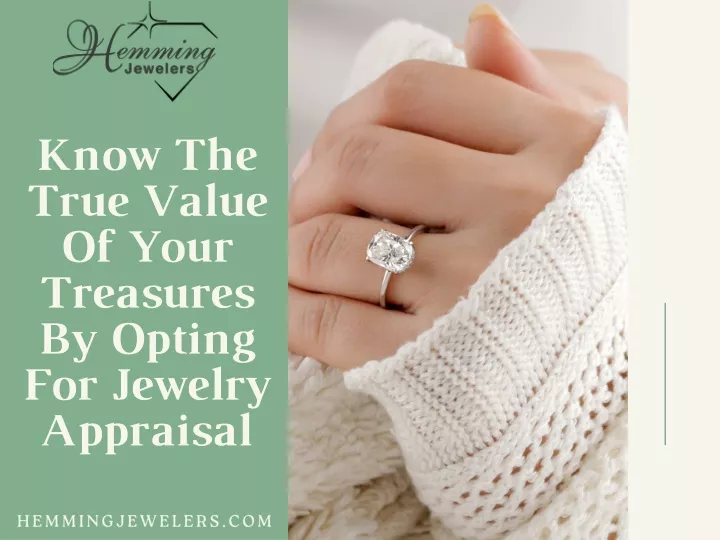
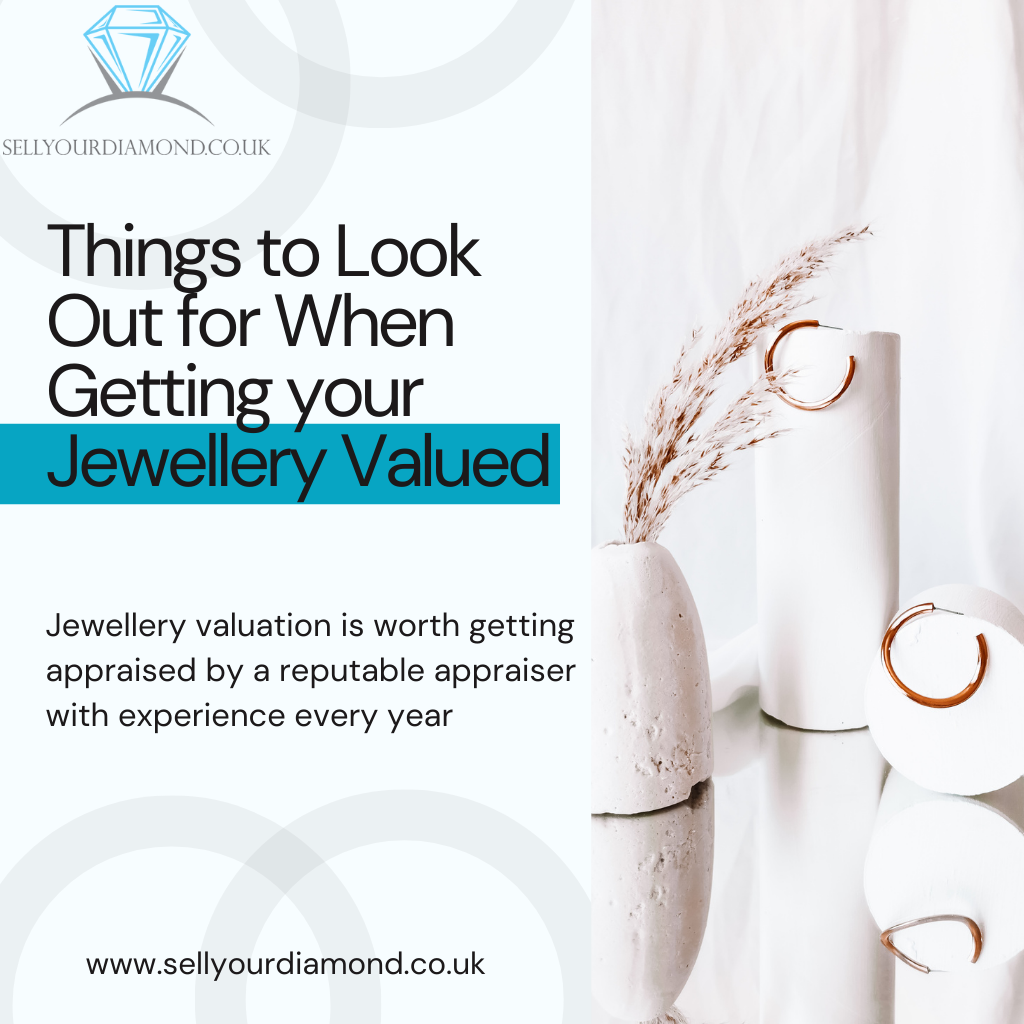
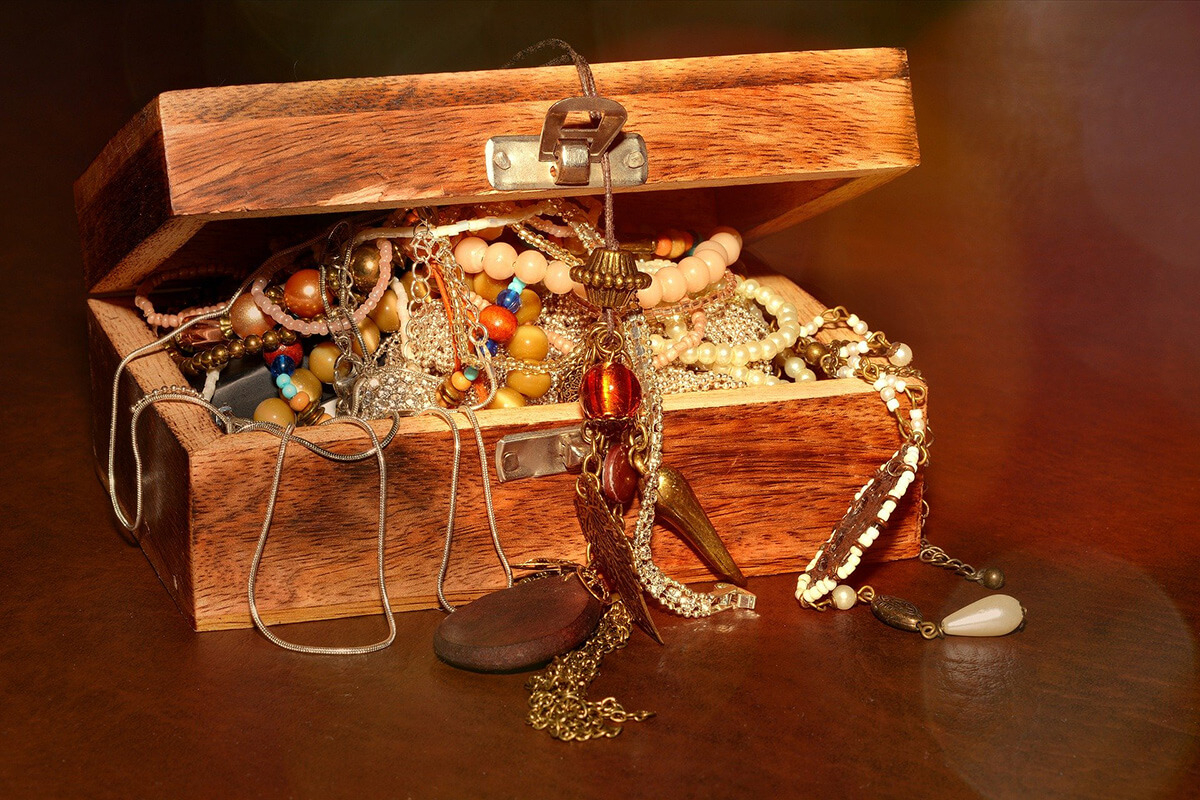

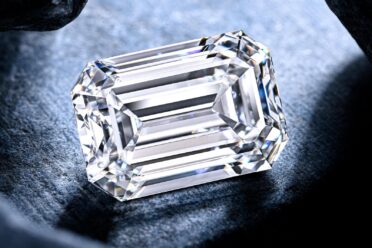
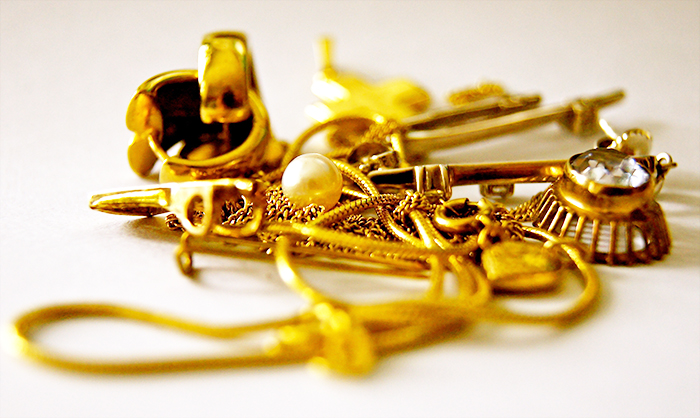

Closure
Thus, we hope this article has provided valuable insights into Unveiling the Value of Your Treasures: A Guide to Jewellery Valuation. We hope you find this article informative and beneficial. See you in our next article!
You may also like
Recent Posts
- The Enduring Appeal Of XP Jewelry: A Timeless Symbol Of Achievement
- A Global Tapestry Of Adornment: Exploring World Collections Of Jewelry
- The Evolution Of A Brand: Understanding The Name Change Of Lola Rose Jewellery
- Navigating The UK’s Jewelry Wholesale Landscape: A Comprehensive Guide
- The Allure Of Effy Jewelry: Unveiling The Reasons Behind Its Premium Pricing
- The Enduring Appeal Of Gold Jewelry: A Timeless Investment
- The Art Of Harmony: Elevating Your Style Through Accessory Coordination
- The Comprehensive Guide To Wholesale Jewelry Supplies Catalogs: A Treasure Trove For Jewelry Makers And Businesses
Leave a Reply